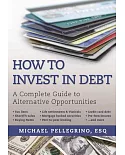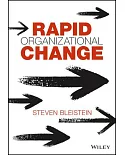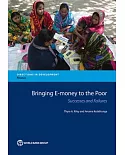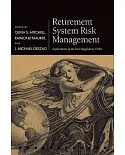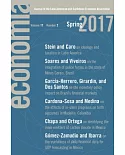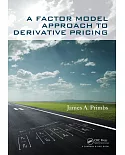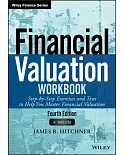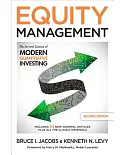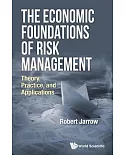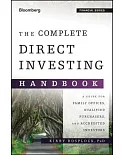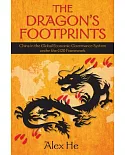Few events have posed as many challenges for retirement and retirement policy as the crisis of the late 2000s. At the end of the last decade, the United States experienced the Great Recession—a
combination of unprecedented wealth losses and historically high unemployment increases that marked the longest economic recession since the Great Depression. These adverse economic shocks
coincided with the burgeoning entry into retirement by the baby boomer generation, those born in the United States between 1946 and 1964. The confluence of these trends meant that retirees may
have faced greater economic insecurity than at any point since World War II.
This book brings together a number of influential researchers whose work is focused on economic policies and their impacts on retirement income security. They come from both academic and
policy backgrounds. Specifically, half of the eight contributors are academics, while the other four come from think tanks in Washington, DC. This book is thus intended to combine research
and policy.
This book was published as a special issue of the Journal of Aging and Social Policy.


